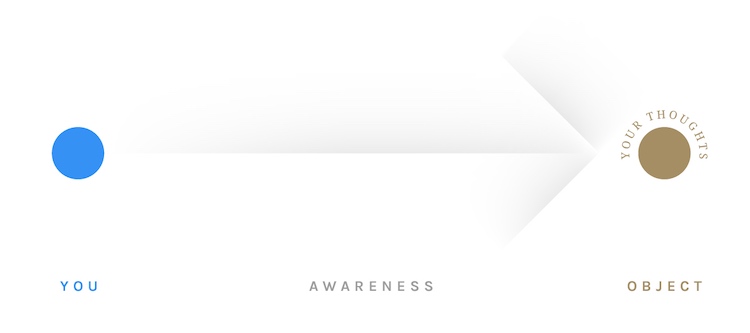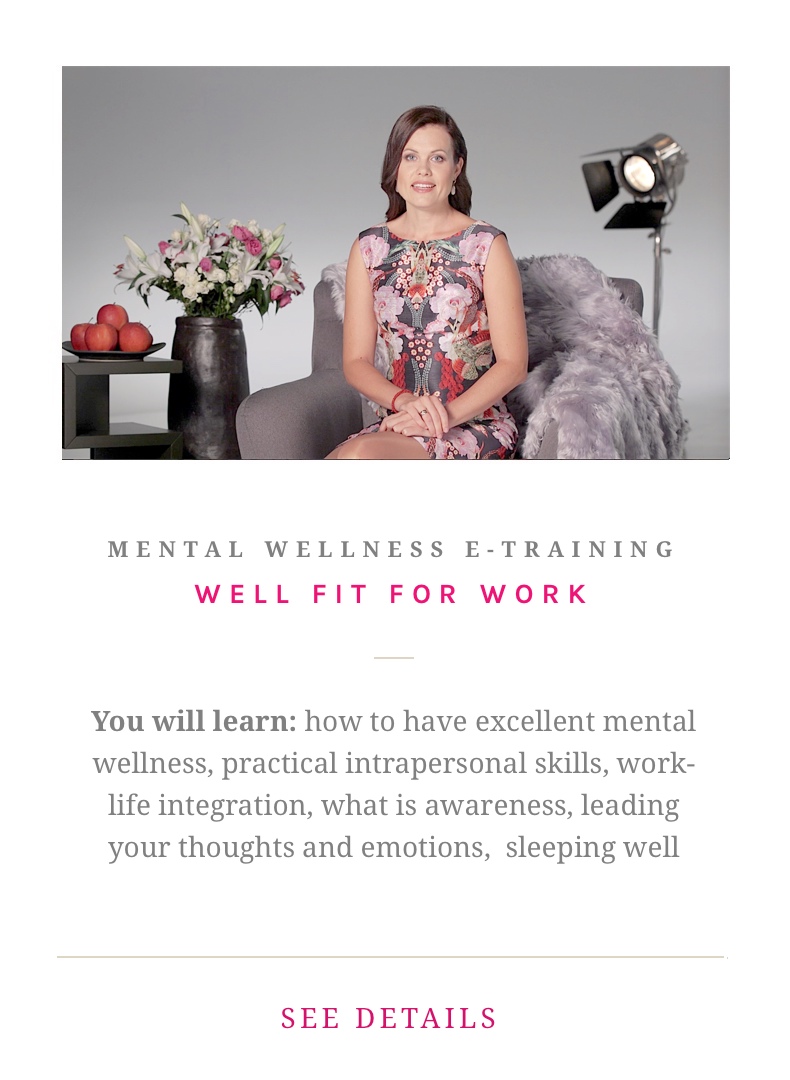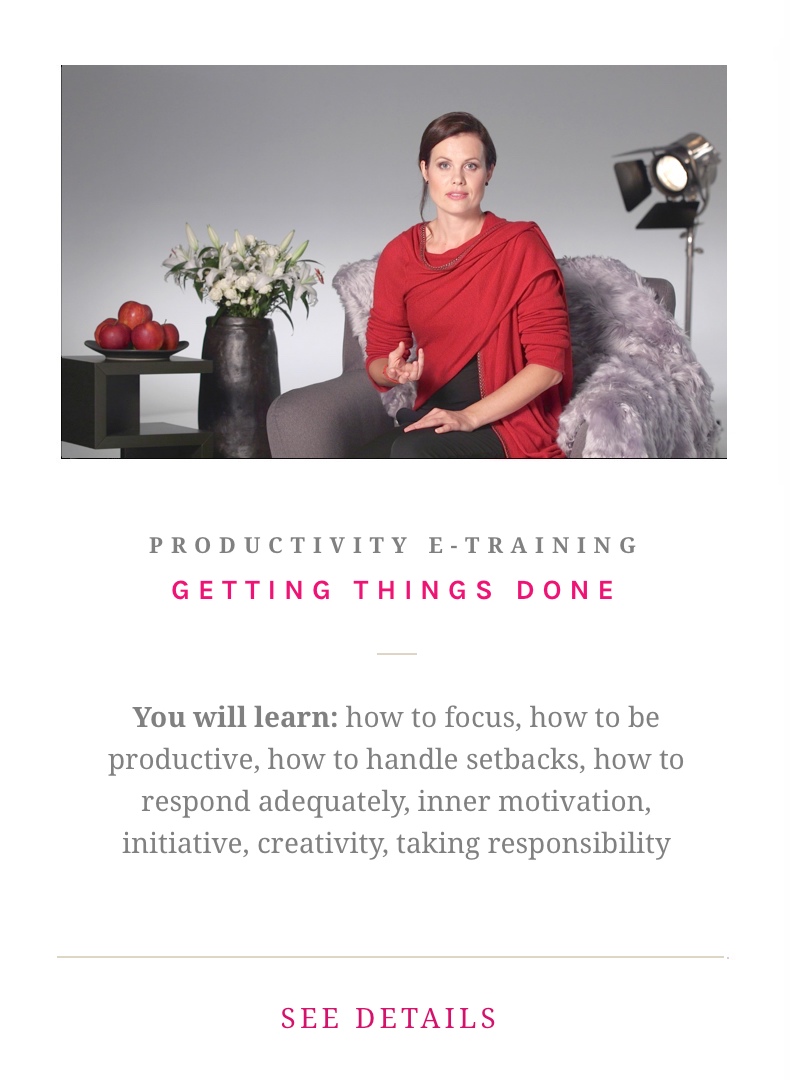Attention is the focused concentration of awareness on specific information or a location/action while ignoring all other stimuli. It involves selecting and taking personal responsibility to remain loyal to what you observe with your 5 senses. Keeping attention allows for processing different details and seeing the bigger picture related to your focus at the same time.
Your inner ability to maintain attention is key to getting things done and experiencing success. In our daily work and life situations, we face countless distractions, from email notifications to sudden changes in traffic flows and from activated phone alerts to people discussing something next to you when you need to remain focused.
How long is the average attention span?
Attention span is the amount of time spent concentrating on a task before becoming distracted.
Distractibility occurs when attention is uncontrollably diverted to another stimulus or sensation. Research has shown that between the years 2000 and 2015, the average attention span shrank by a whopping 25%.
In the year 2000, the average attention span was 12 seconds, and in 2015 it was just 8,5 seconds.
Such short attention spans cause confusion, stress and anxiousness. When attention is short and fragmented, individuals struggle to process information effectively, leading to cognitive overload and decreased productivity. This again leads to exhaustion and burnout and the data here is worrying.
The Work Health Survey by MHA stated in 2012 that 83% of employees stated that they felt emotionally drained from work, and 99% of those employees feel that their workplace stress affects their mental health and wellbeing (see the graph below). Such influences lead to a huge drop in employee engagement and productivity, leaving, according to Gallup studies, only around 20% of employees engaged at work.

The constant barrage of digital notifications, social media updates, and forced multitasking demands further exacerbate this issue, making it harder to focus on meaningful tasks. As a result, people experience heightened stress levels, reduced problem-solving abilities, and difficulty retaining information.
As our awareness is often untrained, it gets distracted and such distractions have a high price. A study carried out in 2010 by Killingsworth & Gilbert, A Wandering Mind Is an Unhappy Mind, found that almost 50% of the time our mind wanders. This demonstrates that a lack of attention span is a common problem.
Dr. G. Mark from the University of California demonstrated that when interrupted, on average, it takes 23 minutes for us to refocus.
The study by Dr. G. Mark also confirmed that 45% of the time, such distractions occur by self-interruption via internal factors. In professional settings, this decline in attention span can hinder decision-making, collaboration, and overall performance.
The mastery of attention or leading your attention is based on awareness-based intrapersonal skills. However, most of us lack intrapersonal education and haven't deliberately learned to master our attention.
David Strayer, Director of the Applied Cognition Lab at the University of Utah, studied multitasking in the fertile realm of distracted driving and found that 98% percent of people can't multitask. The fact that only a small number of people (only 2% according to David Strayer's study) can multitask effectively means that lack of sustained attention is harming most of us.
That is why learning to keep attention among countless distractions matters. The important aspect for you is to learn what attention is, and how to keep your focus without tension as long as needed.
The benefits of sustaining attention go beyond mere productivity. Keeping your focus enhances mental clarity, and when you have good intrapersonal skills, you can lead your thoughts, imagination, emotions, and actions more easily.
Attention also permits scanning your mind and body. This way, you can notice the tensions and pressures and proactively remove them early on, ultimately contributing to your overall well-being.
Leading Attention is About Directing Your Awareness
Understanding awareness is the foundation of understanding directed focus or attention. Awareness is the space between you and any internal or external object. As this space is silent, it is often overlooked.

Illustration of the arrow of awareness between. Focused awareness is between you and any object. Source: Ingvar Villido; illustration: Jürgen Salenbacher.
Directing your awareness at will allows you to notice where your attention is and gives you the power to lead it at any moment at will.
Using awareness at will enables you to spot when your own thoughts, imaginations, and emotions hijack your attention. Only by becoming aware of your intrapersonal domain and understanding different processes in it can you pinpoint the factors that derail your attention.
Most of our inner actions are reactive in nature, shaped by past experiences and subconscious conditioning. Such automatic reactions are deeply influenced by what we have learned over time and how our minds have been trained through repeated exposure to certain patterns, behaviors, and stimuli. Most of such learning is based on repetition without conscious awareness, and taking full responsibility to observe is the actual learned habit or pattern useful.

Relying on reactivity means that many of our decisions have strong emotional reactions and are driven by habitual programming rather than by intentionally taking full responsibility for what we do.
We as humans have two options:
- To be reactive and let our inner domain run on autopilot, in this case, our habits and reactions dominate over our will;
- Take full responsibility for what happens in our inner domain and make conscious choices.
Only the last option allows directing your attention by a conscious choice. Such a conscious choice stops random mind wandering and replaces it with being fully present and remaining focused.
In the image below, there are two people; the one on the left is reactive with self-caused loss of attention, and the other one on the right remains fully present and working on the task at hand.

Learning and applying interpersonal skills will allow you to spot when your attention becomes diverted by distracting thoughts, imaginations or emotions.
Only when you have the inner power to spot the fading of your attention can you take aware action to redirect your focus back to the task at hand and let go of what distracted you.
The power of conscious choice supports work and reduces stress at the same time
It is your conscious choice that allows you to regain control of your performance in a stress-free way. Fighting with your inner reactivity causes on the other hand, more stress as you start suppressing emotions and ignoring thoughts.
Stress shouldn't be taken lightly, as it is the source of health issues and leads to a drop in productivity. Learning intrapersonal skills takes care of the stress problem and improves the ability to remain focused and engaged (see the video below).
Once you master your attention by consciously learning to keep your focus where it needs to be, you can become immune to inner and outer distractions.
However, such a shift becomes easy when you train intrapersonal skills and apply them in all real work and life situations.
Intrapersonal skills empower you to lead yourself and allow you to remain focused even during challenging situations.
While different and endless external distractions are endless and impossible to stop, all internal distractions can be stopped at will when you master your attention.
It is the inner mastery of attention that allows dealing with such disruptive inner powers as worry, anxiousness, self-doubt, daydreaming, stress, etc. Good self-leadership allows you to notice all inner distractions and take proactive action to stop or minimize their impact on your focus and mental wellness.
When you learn to lead your attention, intention, and actions consciously and keep time and recourses limitations in mind, you can create space for deep, uninterrupted work. This involves both minimizing distractions and doing things impeccably in given time frames. It isn't about perfectionism, but doing what you can with the resources you have.
Setting clear goals can serve as a guiding light for your attention. Without a clear vision, plans, and milestones, it’s easy to lose attention and remain stuck due to inner reactivity. Setting realistic goals allows you to direct your attention at will; this permits taking responsibility over your focus and allows you to achieve meaningful outcomes.
Conclusion
Understanding attention and taking conscious responsibility to remain focused becomes easy when you possess practical intrapersonal skills. Awareness and intrapersonal skills allow you to keep focus and avoid reacting to distractions.
Training your mind to become calm and learning to focus allows you and other people around you to be more engaged and get things done efficiently while reducing worry, stress and anxiety.
By training intrapersonal skills, you can become better equipped to keep your attention where it needs to be. The result of this is improved productivity and mental wellness. You feel less stressed and more empowered.
|





